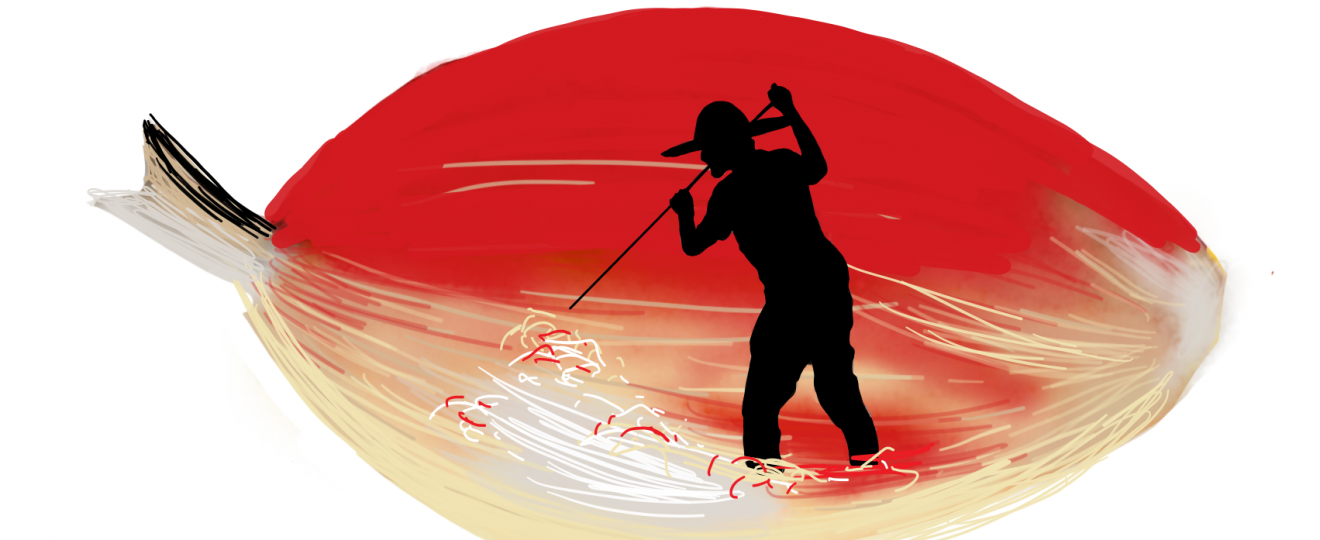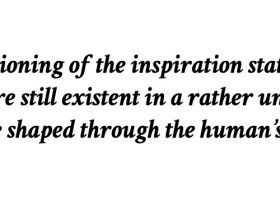Originally from Africa, the palm has become one of the most sought-after crops thanks to its fruits which can be refined into palm oil. Palm oil accounts for 32% of global oil production making it the most popular vegetable oil, being mainly produced in Malaysia and Indonesia. Because of its low prices and versatile uses, the palm oil industry has been allowed to expand dramatically.
In addition to the low prices, the use of palm oil in the production of biofuel heavily promoted its further expansion. Biofuel promised a sustainable solution away from fuel derived from geological processes such as coal and petroleum; it offered a path toward low carbon emissions. Biodiesel, which is derived from palm oil and liquid animal fats, was of particular interest to many as it was believed to be a sustainable alternative to regular diesel and gasoline. It was deemed to offer a solution to the problem of excessive carbon emissions from Diesel vehicles, which at that time, was believed to be the driving force behind high greenhouse gas concentration.
It was soon revealed however that the mere production of biodiesel resulted in a climatic impact almost three times the size of the impact of traditional fossil fuels.
The intense carbon footprint left by biodiesel can be traced back to the production of palm oil, one of its main components. After the rise in demand for biodiesel, production of palm oil had to rise with it. To cultivate palm oil, a significant number of peatlands must be dug up and reformed to become oil palm plantations. Peatlands are a type of soil that store large amounts of methane as a result of the decay of organic matter. When digging up said peatlands, one can subsequently observe the release of methane, one of the main greenhouse gases, thus explaining the huge climatic impact of palm oil production.
The release of methane as a pollution force is only exacerbated by the deforestation which accompanies the expansion of palm oil plantations. Deforestation is a devastating consequence of palm oil expansion leading to a loss of the natural habitats of many species, to the extent of some being pushed to the verge of extinction. One might argue the issue of deforestation to be equally damaging to our environments as the release of methane gas. The forests in danger of being cut down are known as the ‘the lungs of the earth’, and rightly so: they have absorbed almost 2bn tons of CO2 and return oxygen into the air in its place.
Put bluntly, we are suffocating not only ourselves but every other species by progressively cutting down what little is left of our forests.
While a ban against the use of palm oil in biofuels by the EU is a step in the right direction, it is not enough to simply cut off the supply chain. It has been found that oil palm industries own most of the unprotected land in major palm oil producing countries such as Indonesia and Malaysia: If these lands are turned in palm oil plantations, less than 4% of the land will be covered by intact forests. Since said leases cannot be overturned, it is vital to promote international cooperation towards strong legislation regarding sustainable production of palm oil and to ensure its enforcement by the governments of major producing countries. But even then, many say that legislation is simply not strong enough to stop the advances of palm oil industries.
So, you may ask, instead of approaching the matter from a legislative angle, why not simply substitute palm oil for a more sustainable crop? That is the natural alternative that comes to mind. In this case, however, alternative crops are almost certainly more damaging than palm oil as most of them require even more land for production than palm oil already does. A characteristic that would only worsen the problems of deforestation and destruction of peatlands.
Ultimately, it does look like palm oil is here to stay with no viable alternative readily available, meaning that we need to do everything in our power to promote governments to not only propose stronger legislation and restrictions regarding the production of palm
Even though we may not always see the immediate effects of what is happening to our planet, it is happening, and it is the duty of our generation to stop it.
art by: Sadie Loeber




